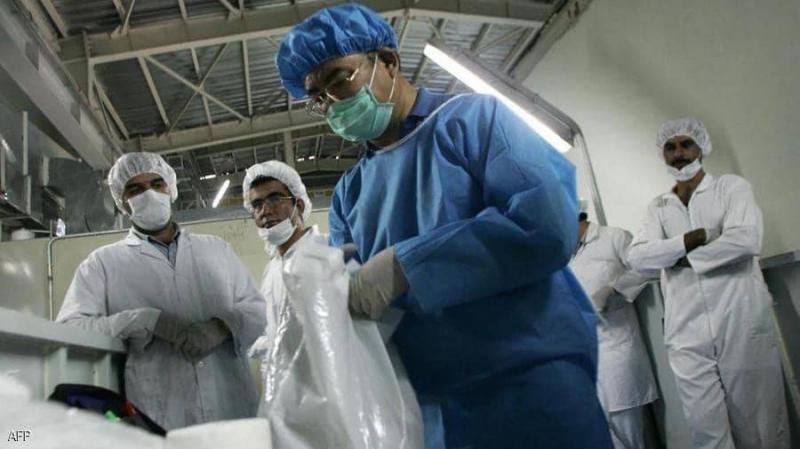Global media reports have conveyed news about intentional physical harassment perpetrated by security personnel guarding Iran's nuclear facilities, targeting female employees from the International Atomic Energy Agency (IAEA), part of the United Nations, who have been overseeing Iran's enrichment activities at its nuclear sites. Detailed news from the American newspaper "The Wall Street Journal" indicated that these harassment incidents were not isolated, affecting multiple international staff from various security agencies at those facilities. Furthermore, these incidents did not occur just once, but took place multiple times, intensifying particularly over the past two months since the halt of nuclear negotiations that Iran was conducting with the international group in the Austrian capital, Vienna.
This recent incident comes at a time when the IAEA is transmitting concerning news regarding the extraordinary acceleration of enrichment levels and their quality in Iranian nuclear facilities, with analyses suggesting that Iran may be one month away from the capability to install nuclear warheads. Such behaviors are expected to be one of the tools used by Iranian agencies to obstruct the monitoring and inspection process and to inflict psychological effects on agency personnel. The available data indicated that the instances of harassment occurred frequently at the "Natanz" nuclear facility, which is the largest and most controversial in the Iranian nuclear file. Monitors accuse Iran of using this facility as a primary site for developing enrichment levels and the quality of nuclear materials.
At this facility, matters escalated to unwarranted physical contact with the female employees by male security officers, under the pretext of searching to ensure no prohibited materials were being carried. Additionally, Iranian security personnel issued orders to the female employees to remove some clothing, rejecting the idea of inspections being conducted by female security staff. These harassment incidents occurred more than seven times at this facility alone. The first reactions came from the United States, which demanded actions to stop these behaviors attributed to the Iranian Revolutionary Guard, according to a report circulated by the U.S. delegation at the IAEA to the other members.
The U.S. report included, "Harassment of IAEA inspectors is absolutely unacceptable, and we strongly urge you to clarify at the board meeting that such behavior is regrettable and must stop immediately, and the board should take appropriate action if further incidents are reported." Iranian affairs researcher Bashir Amrozi Baban explained in a conversation with "Sky News Arabia" the traditional context of such Iranian behaviors, stating, "Like other events related to the Iranian nuclear file, from negotiations to monitoring efforts, Iranian authorities always seek to inundate the scene with a vast amount of details and practices, which are limitless in their nature and strangeness. This is to distract from focusing on the main issue concerning their non-compliance and ill intentions regarding the ultimate aim of their nuclear reactors." He continued: "While they announce that their use will be solely for civil purposes, all actual practices indicate that they seek to use them for military purposes."
Iran's ambassador to the IAEA, Kazem Gharibabadi, stated on Tuesday that "security measures at Iran's nuclear facilities are being tightened reasonably. The inspectors of the IAEA have gradually adapted to the new rules and regulations that will be used within the facilities they are entering."




